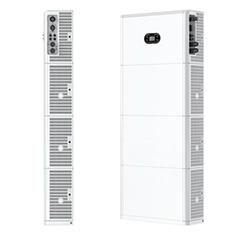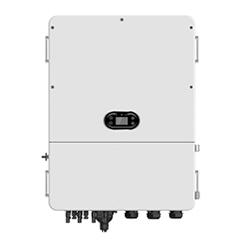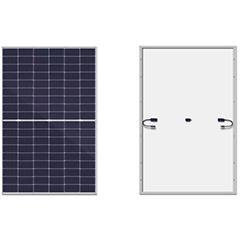The Future of Energy: Embracing Solar Panels in the Electrical Industry
Oct 28, 2024
As the world shifts towards more sustainable energy sources, solar panels have emerged as a pivotal technology in the electrical industry. With advancements in efficiency and affordability, they offer numerous benefits for both residential and commercial applications. In this post, we’ll explore the importance of solar panels and how they can revolutionize energy consumption.
Understanding Solar Panels
Solar panels, or photovoltaic (PV) panels, convert sunlight into electricity through the photovoltaic effect. This technology harnesses renewable energy, reducing dependence on fossil fuels and minimizing greenhouse gas emissions. The growing adoption of solar energy aligns with global efforts to combat climate change and promote sustainability.
Economic Benefits
Investing in solar panels can lead to significant cost savings. While the initial installation may seem daunting, the long-term financial benefits are substantial. Homeowners and businesses can significantly reduce their electricity bills, and in many regions, government incentives and tax credits can help offset installation costs. Furthermore, as electricity prices continue to rise, solar energy presents a stable alternative.
Energy Independence
One of the most compelling reasons to adopt solar technology is energy independence. By generating your own electricity, you are less susceptible to fluctuations in energy prices and supply disruptions. This is especially important in industries reliant on consistent energy sources for operations. Solar panels enable businesses to control their energy costs and improve their resilience against market volatility.
Environmental Impact
The environmental benefits of solar panels cannot be overstated. By utilizing a clean, renewable energy source, solar technology helps reduce carbon footprints and decrease reliance on non-renewable resources. The lifecycle of solar panels is increasingly sustainable, with many manufacturers prioritizing eco-friendly materials and practices. Embracing solar energy is not only a smart financial decision but also a commitment to a healthier planet.
Technological Advancements
The solar industry has seen remarkable technological advancements, leading to more efficient and reliable solar panels. Innovations such as bifacial panels, which capture sunlight from both sides, and integrated energy storage solutions are enhancing the performance of solar systems. These advancements make solar energy a viable option for a wider range of applications, including remote areas lacking access to traditional power grids.
The Future of Solar in the Electrical Industry
Looking ahead, the integration of solar technology into the electrical industry is set to grow. As more businesses recognize the benefits of renewable energy, the demand for solar installations will continue to rise. Additionally, the development of smart grid technologies will allow for better energy management and distribution, further optimizing the use of solar power.
Solar panels are not just a trend; they represent a crucial step towards a more sustainable future in the electrical industry. With their economic benefits, environmental impact, and technological advancements, they provide a compelling case for adoption. As we move forward, embracing solar energy will be essential in achieving energy independence and fostering a greener planet.




